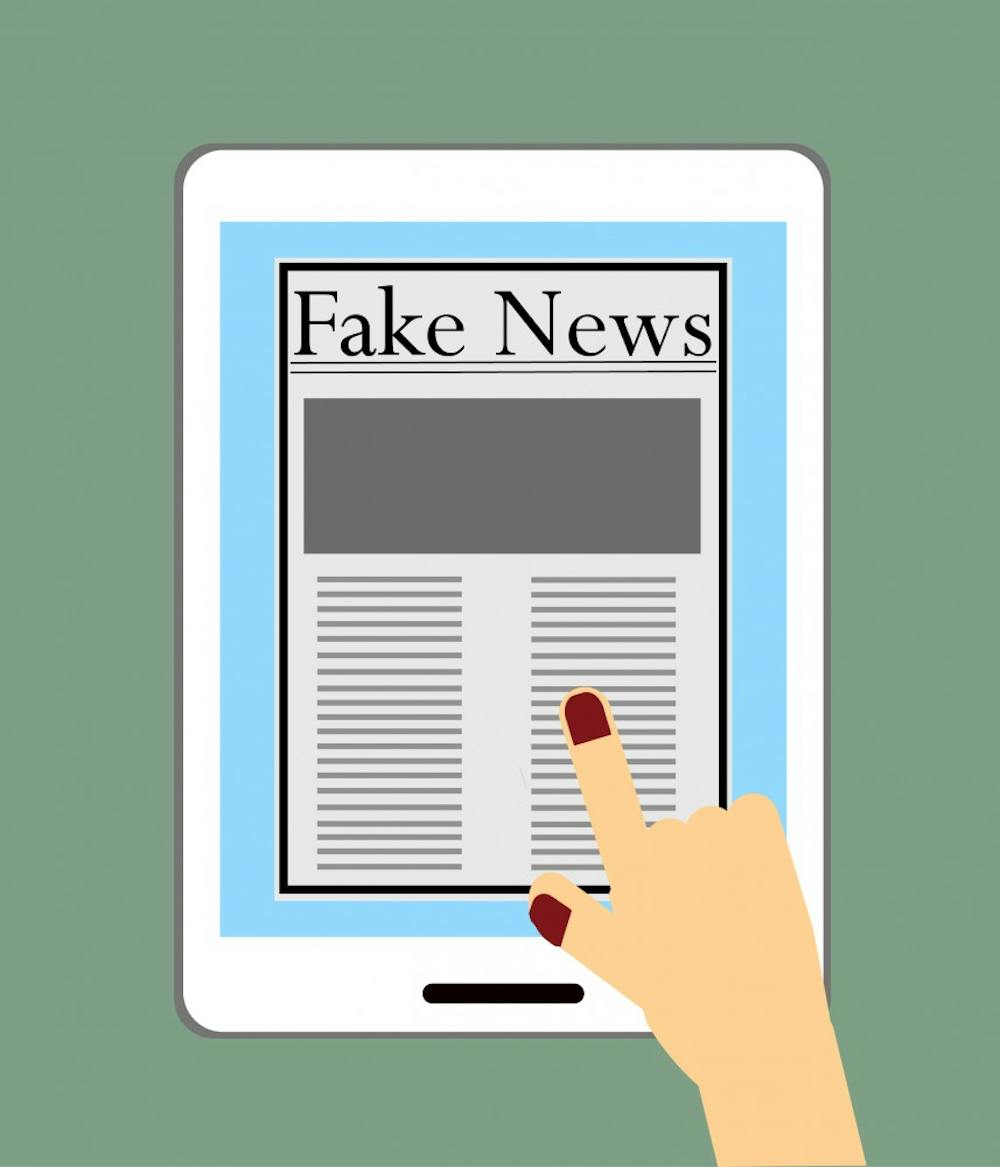An important part of internet use in the United States is the ability to access and interpret content freely without restrictive interference from any particular entity that claims to decide what is true.
News organizations have an obligation to guide users to credible sources.
The social media site Facebook announced Dec. 15 it would begin to address the fake news problem by making fake news easier to report and by working with fact-checking organizations.
If one of those organizations — including Snopes, PolitiFact, the Associated Press, factcheck.org, and ABC News — deems an article false, Facebook will mark it as “disputed” to warn users that the validity of its content is questionable.
Once marked, users who attempt to share a story will receive a pop-up to warn them about its content, and the story will occupy a lower positions in users’ news feeds.
Many of the sites that post such articles make money through third-party advertising, and these sites will lose the ability to insert themselves into ads on Facebook and to display Facebook ads on their own pages.
As of September 2016, Facebook is also a member of the First Draft News Coalition, a Google-backed organization that includes partners such as Twitter, the New York Times, CNN, and the Washington Post. The aim of the coalition is to help these organizations manage the process of verifying true stories and stopping the spread of fake stories.
All of these measures guard users against false content without making Facebook employees official arbiters of truth, as Facebook News Feed Vice President Adam Mosseri wrote in the Dec. 15 release.
Other sites, including popular forum sites Reddit and 4chan, accused of spreading fake news should follow Facebook’s example and implement policies appropriate to their platforms that provide users with similar guidance.
Considering that advertising allows fake news sites to expand circulation and make a profit, social media and real news sites should prioritize policies that limit such deceptive advertisements.
On the level of individual users — especially those who identify as skeptics and place their own judgment above the likes of Facebook, Google, and others with similarly significant internet presences — smart news consumption is essential.
Keep an eye out for red flags, such as articles written by made-up authors, sites that list very little or false contact information, and stories that manipulate authentic news coverage or rely on unprofessional blogs for evidence.
Make use of fact-checking organizations such as the aforementioned sources working with Facebook to verify stories you encounter elsewhere on the internet that seem suspicious. When you plan to share a story, be sure its content is true and its author is authentic and professional. You don’t want to make a fool out of yourself.
We need to respect the truth and those who devote themselves to it. Restoring public trust in the news will be a collaborative process, one in which both organizations and individuals should absolutely participate.




